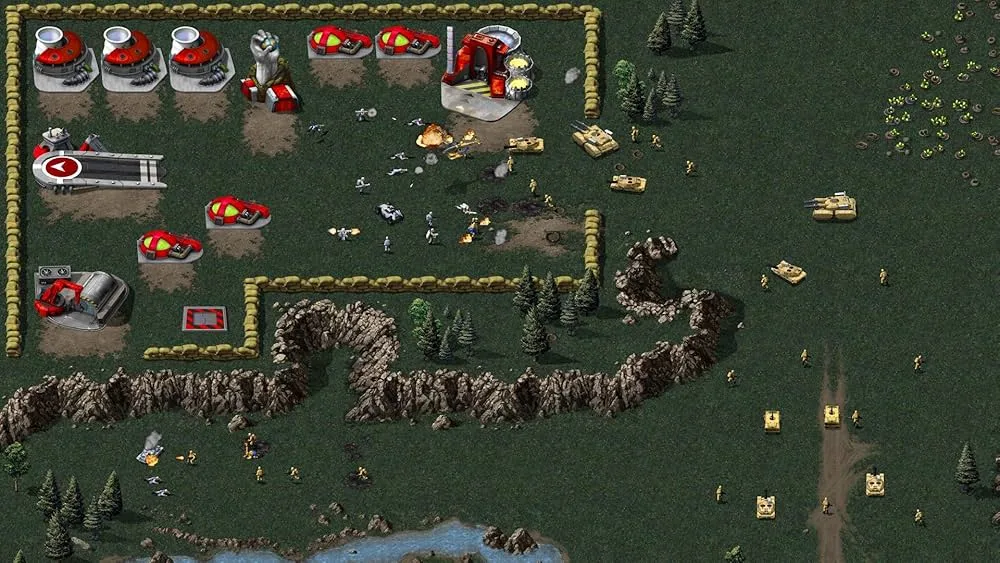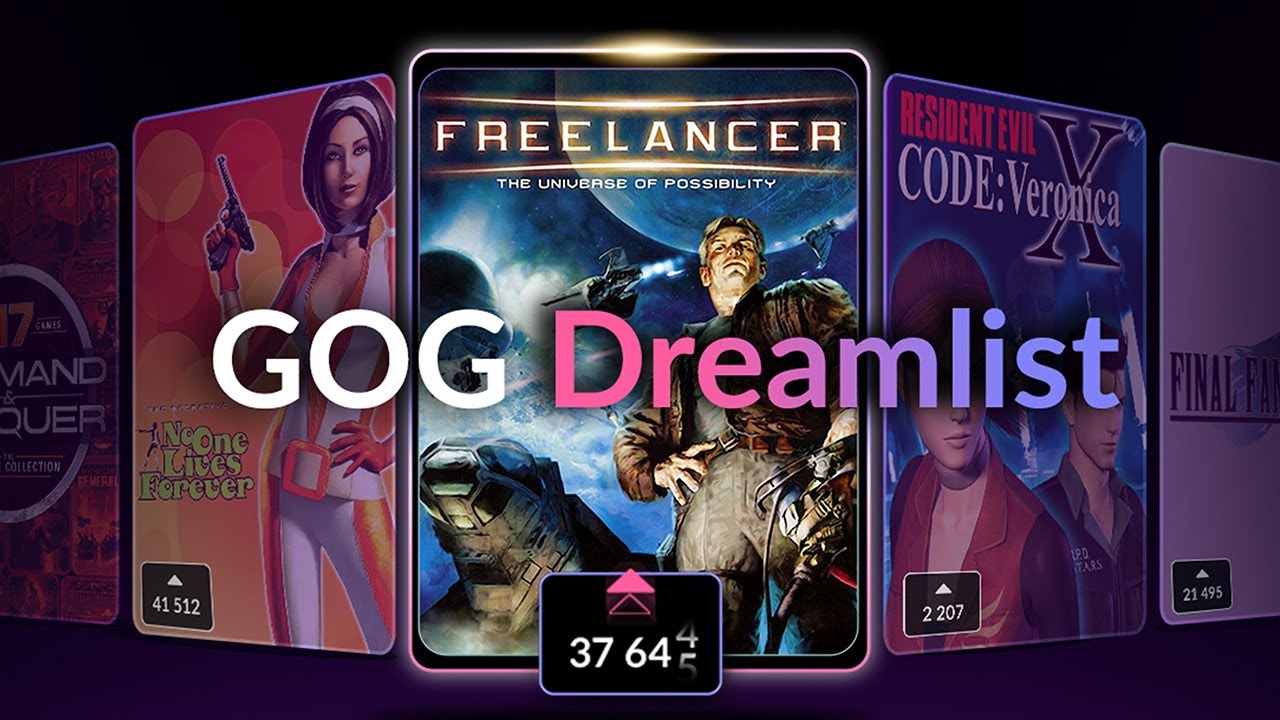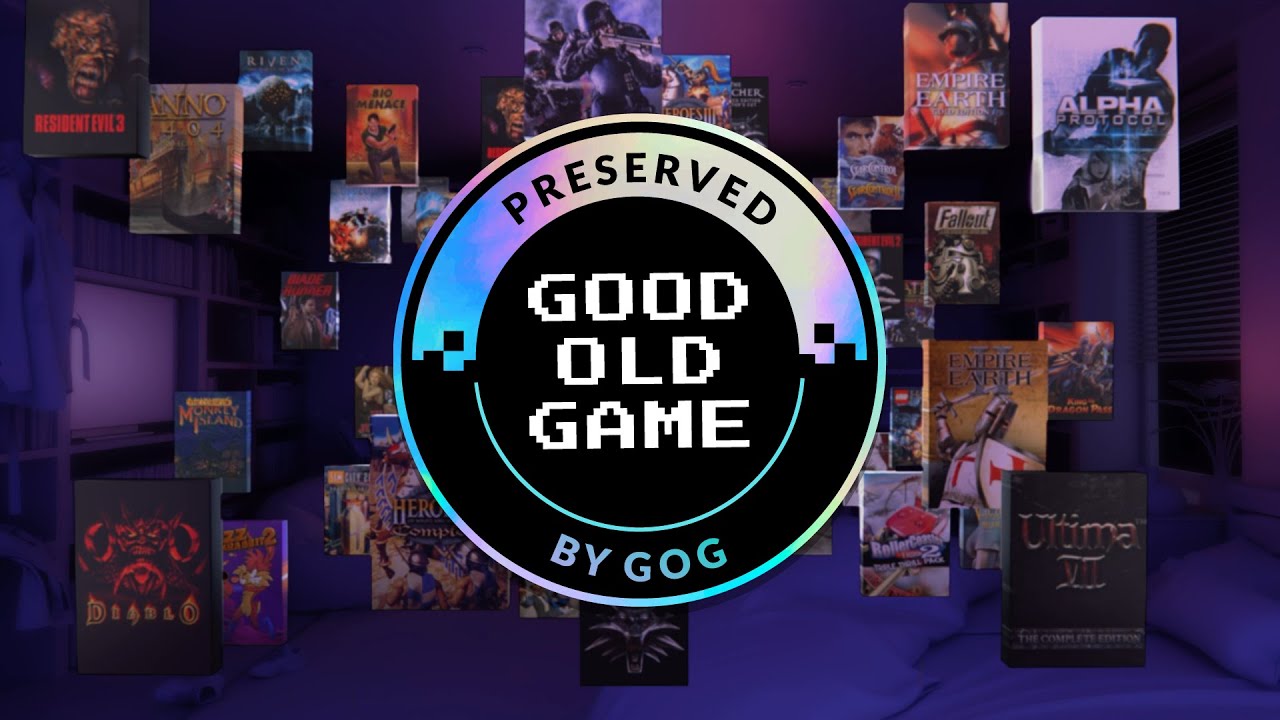
Surprising Command & Conquer move by Electronic Arts
In a groundbreaking move that has thrilled gamers and developers alike, Electronic Arts has released the source code for several classic titles in the Command & Conquer series. This decision marks a significant milestone in… Surprising Command & Conquer move by Electronic Arts

